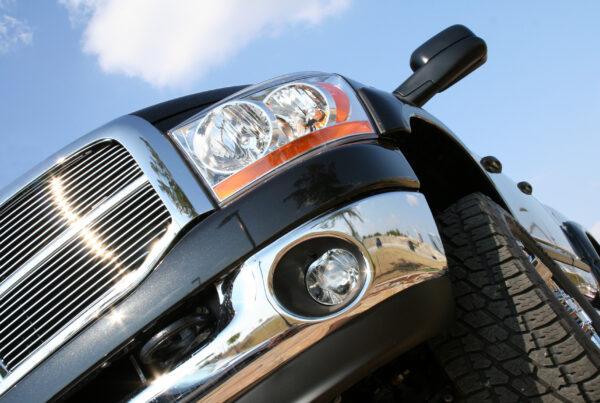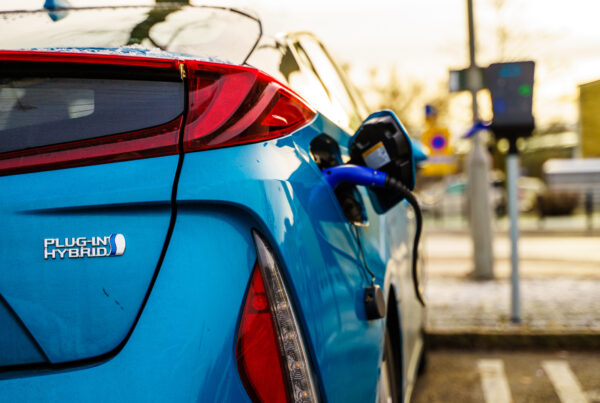Continuing shortfalls in the global supply chain have left the Australian car market with just 75,863 new vehicles sold in January 2022. This is a 4.8 percent decrease from the same time last year marking the third lowest January in terms of new car sales in the past 13 years.
All States and Territories have experienced dips in new car sales this month with Tasmania being the only exception selling 1,468 units (up by 15.4 percent from January 2021). Western Australia sold 7,578 vehicles (down 7.8 percent), Queensland sold 16,423 units (down 1.3 percent), Victoria recorded 20,397 sales (down 1.6 percent), South Australia saw 5,170 sales (down 2.2 percent), the Northern Territory sold 617 units (down 13 percent), while Act sold 1,175 (down 9.7 percent.)
Toyota led the market this month with a 20.2 percent market share. They are followed by Mazda (12.9 percent), Mitsubishi (8.6 percent), Kia (7.3 percent), Hyundai (7.3 percent) (6.8 percent), Ford (6 percent), MG (4.7 percent), Subaru (3.6 percent), Isuzu Ute (3.6 percent), and Nissan (3.1 percent).
This month, the best-selling vehicle model us the Toyota Hi-Lux with 3591 units sold. This is followed by the Ford Ranger (3245 units), Mazda CX-5 (3213 units), Mitsubishi Triton (2876 units), and the Toyota Prado (2566 units). Completing the top ten vehicle models for this month are the Isuzu D-Max (1895 units), Hyundai i30 (1642 units), MG ZS (1588 units), MG MG3 (1551 units), and the Subaru Forester (1480 units).
The Passenger Vehicle Market is down by 2,853 vehicle sales (down 15.3%) over the same month last year; the Sports Utility Market is down by 1,947 vehicle sales (down 4.7%); the Light Commercial Market is up by 774 vehicle sales (up 4.4%) and the Heavy Commercial Vehicle Market is up by 223 vehicle sales (10.9%) versus January 2021.
Electric vehicles have performed well this month with 620 units sold (up 109.5 percent from the same time last year). Plug-in hybrids also recorded an increase in sales with 307 new units sold (up 94.3 percent).
In spite of the challenges, the Federal Chamber of Automotive Industry (FCAI) maintains that that demand continues to be strong.
“The microprocessor shortage and the pandemic’s impact on supply chains continues into 2022. This is an issue impacting markets all over the globe. Despite this, consumer interest, inquiry, and the fundamental demand for new cars in Australia remains strong,” said FCAI Chief Executive Tony Weber in a press statement.
“Manufacturers are continuing to work hard to address supply chain and production issues. We are also experiencing bottlenecks in having vehicles processed from some Australian ports. We will continue to work with all parties involved to resolve the issue.”




















